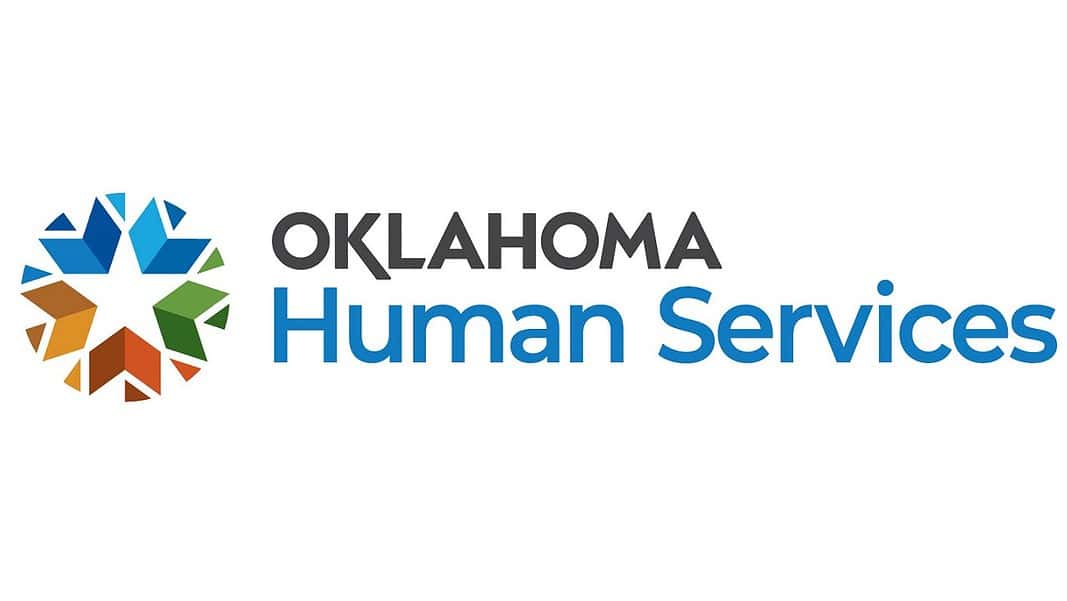OK Child Support Services team protects domestic violence survivors seeking child support – Oklahoma City Free Press

Oklahoma Department of Human Services
Protection and Access Toward Hope Centered Support (PATHS) Team Empowers Domestic Violence Survivors
Oklahoma City, OK (Oct. 24, 2024) – The Protection and Access Toward Hope Centered Support (PATHS) team, housed under Oklahoma Human Services’ Child Support Services division, is committed to protecting Domestic Violence (DV) survivors and helping them thrive.
Two years after Oklahoma Human Services received a $1.26 million grant from the U.S. Department of Health and Human Services’ (HHS) Administration for Children and Families (ACF) to implement strategic services for DV survivors needing assistance accessing child support, the small but mighty team the grant helped create has changed the lives of countless Oklahomans.
Since last year, PATHS has provided specialized case consultations in more than 500 cases for survivors in Oklahoma, assisting them in safely pursuing child support and accessing necessary resources.
Oklahoma ranks highest in the nation for incidences of domestic violence, and more than 18,000 custodial parents in Oklahoma have a family violence indicator noted within their child support case. By collaborating with the courts and nonprofit organizations that share a mission of supporting DV survivors, PATHS has been able to remove the fear of retaliation and threat of harm that can result when DV survivors seek child support.
“We know that one primary reason given by domestic violence survivors for staying with or returning to an abusive partner is financial dependence,” said Jogeina Tharp, PATHS Program Manager. “By providing domestic violence survivors with tailored support services, we empower them to pursue the child support they are entitled to, ensuring they can do so safely for themselves and their children.”
The PATHS team offers support services such as resources, safety planning, and working with the legal system to provide trauma-informed approaches for domestic violence survivors.
PATHS is committed to providing viable pathways for survivors of domestic violence to safely access child support. The program aims to instill hope in customers by supporting efforts that enhance safety and economic stability. PATHS is equally dedicated to increasing awareness and understanding about child support services and safety protections available to the community.
For additional information about Child Support Services or how to initiate a case, visit Child Support Services.
If you or anyone you know is a victim of domestic violence, please seek help by contacting the Oklahoma Safeline at 1-800-522-SAFE (7233).
SDGs, Targets, and Indicators in the Article
1. Which SDGs are addressed or connected to the issues highlighted in the article?
- SDG 5: Gender Equality
- SDG 16: Peace, Justice, and Strong Institutions
The article discusses the issue of domestic violence and the efforts to support survivors in accessing child support. This aligns with SDG 5, which aims to achieve gender equality and empower all women and girls. It also relates to SDG 16, which focuses on promoting peaceful and inclusive societies for sustainable development, providing access to justice for all, and building effective, accountable, and inclusive institutions at all levels.
2. What specific targets under those SDGs can be identified based on the article’s content?
- SDG 5.2: Eliminate all forms of violence against all women and girls in the public and private spheres
- SDG 5.4: Recognize and value unpaid care and domestic work through the provision of public services, infrastructure, and social protection policies
- SDG 16.3: Promote the rule of law at the national and international levels and ensure equal access to justice for all
The article highlights the efforts to protect domestic violence survivors and help them access child support. By addressing domestic violence, the article contributes to SDG 5.2, which aims to eliminate all forms of violence against women and girls. The provision of tailored support services for survivors also aligns with SDG 5.4, which emphasizes recognizing and valuing unpaid care and domestic work. Additionally, the collaboration with courts and nonprofit organizations to support survivors reflects the goal of promoting the rule of law and ensuring equal access to justice, as stated in SDG 16.3.
3. Are there any indicators mentioned or implied in the article that can be used to measure progress towards the identified targets?
- Number of specialized case consultations provided to domestic violence survivors
- Number of survivors assisted in pursuing child support and accessing necessary resources
- Reduction in the fear of retaliation and threat of harm experienced by survivors seeking child support
- Increased awareness and understanding about child support services and safety protections available to the community
The article mentions that the PATHS team has provided specialized case consultations in more than 500 cases for survivors in Oklahoma. This indicates a measure of progress towards supporting survivors in accessing child support. The article also highlights the goal of removing the fear of retaliation and threat of harm experienced by survivors, which can be measured by assessing the reduction in such fears. Additionally, the article mentions the program’s dedication to increasing awareness and understanding about child support services and safety protections, which can be measured through surveys or assessments of community knowledge and awareness.
Table: SDGs, Targets, and Indicators
| SDGs | Targets | Indicators |
|---|---|---|
| SDG 5: Gender Equality | 5.2: Eliminate all forms of violence against all women and girls in the public and private spheres |
|
| SDG 16: Peace, Justice, and Strong Institutions | 16.3: Promote the rule of law at the national and international levels and ensure equal access to justice for all |
|
| 5.4: Recognize and value unpaid care and domestic work through the provision of public services, infrastructure, and social protection policies |
|
Source: freepressokc.com








